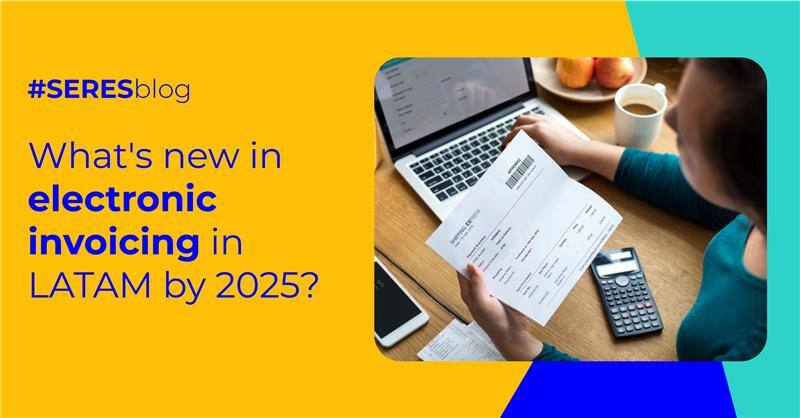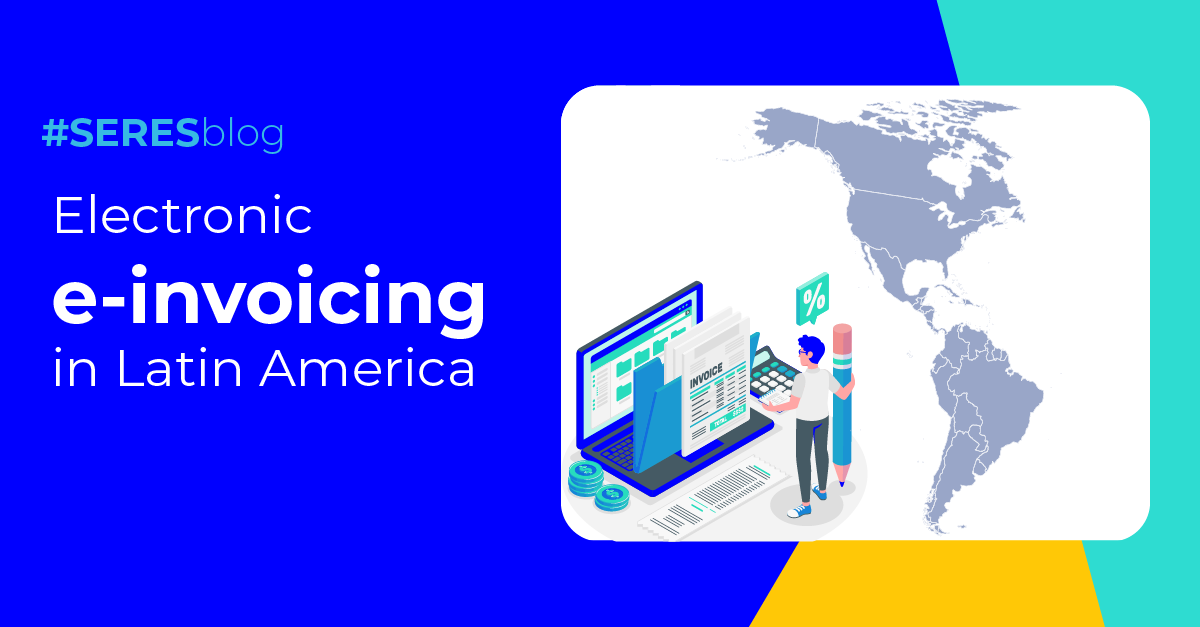EESPA shows full support for harmonised e-invoicing in Europe
The Electronic Invoicing Service Providers Association (EESPA) has welcomed the harmonisation of e-invoicing and digital reporting requirements (DRR) proposed as part of the ViDA (VAT in the Digital Age) project. The EESPA seeks to encourage the use of the DCTCE model for B2B transaction data and exchanging invoices.
Real-time e-invoicing systems in Europe hold tremendous potential for improving business efficiency and achieving tax compliance, provided they are implemented effectively.
However, failing to propose standard rules for Member States to adopt entails the risk of losing the opportunity to control the fast growth of non-harmonised tax digitisation projects.
For this reason, EESPA urges the leaders of the European Commission and Member States to establish a consensus on the fundamental principles of digital reporting requirements (DDR).
This would enable the implementation of national e-invoicing schemes that are standardized and interoperable with those of other countries. It has been concluded that some level of flexibility is required for existing schemes.
Additionally, the Association recommends the creation of a mechanism that allows centralised systems in Member States, including Italy, Poland and Romania, to increase their ability to receive e-invoice data from taxpayers in other Member States with minimal investment in technology or business processes.
With regard to the Digital Age VAT proposal to prohibit compulsory prior authorization and verification, EESPA refrains from linking this to centralised mandatory exchange systems such as those implemented in Italy, Poland or Romania.
The truth is that in several countries, this methodology has been successful without having to depend on a singular central infrastructure that is regulated by a local tax administration. In reality, skilled service providers already perform adequate real-time validation.
This can be illustrated by the following examples:
- Latin America. There is a common misconception that tax administrations always perform real-time validation of e-invoices in clearance models. However, in Mexico, the Dominican Republic, and Peru, certified private providers are responsible for validation.
- Europe: Plans are underway in both France and Spain to enable certified private providers to carry out real-time validation of electronic documents in accordance with government-provided technical specifications.


.png)
